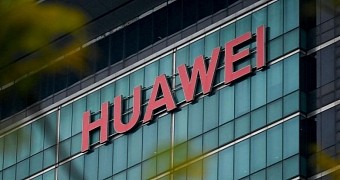Huawei is getting ready to announce its very own alternative to Android, according to a new report.
The Chinese tech giant started the development of an in-house operating system to replace Android earlier this year and accelerated efforts in this regard when the United States government blocked it from working with American companies.
A report from Global Times indicates that Huawei will announce HongMeng OS at the Developer Conference on August 9 in Dongguan, South China's Guangdong Province, with the first smartphone running it expected in the fourth quarter of the year.
Since it’ll be positioned as an alternative to Google’s mobile operating system, HongMeng will also come with support for Android apps, and this is one of the key focuses right now for the Chinese company.
The cited source claims Huawei is currently running a series of tests on various phones to determine the compatibility level with Android apps, while also working around the clock on features like “cryptographic functions that protect personal data better and prevent users' privacy from being breached.”
First HongMeng device planned for August 10
However, the first device powered by HongMeng could actually go live as soon as this week.
HongMeng will also be released as an IoT platform, so one device that will run it is the Honor smart TV. Global Times claims a model powered by the new OS will be launched on August 10 before the operating system makes its way to other industry sectors, including medical services and autonomous cars.
Meanwhile, things continue to be uncertain for Huawei, as the company is still banned from working with American companies and using their products, including here the Android OS. The sanctions were announced in mid-May and despite indications they could be lifted by the summer, no official decision has been made in this regard.
As a result, Huawei keeps pushing hard for reducing reliance on American firms, and this plan includes not only the development of a new operating system, but also changes affecting other units, such as an increased focus on R&D in its home market.

 14 DAY TRIAL //
14 DAY TRIAL //